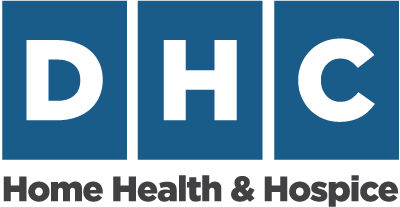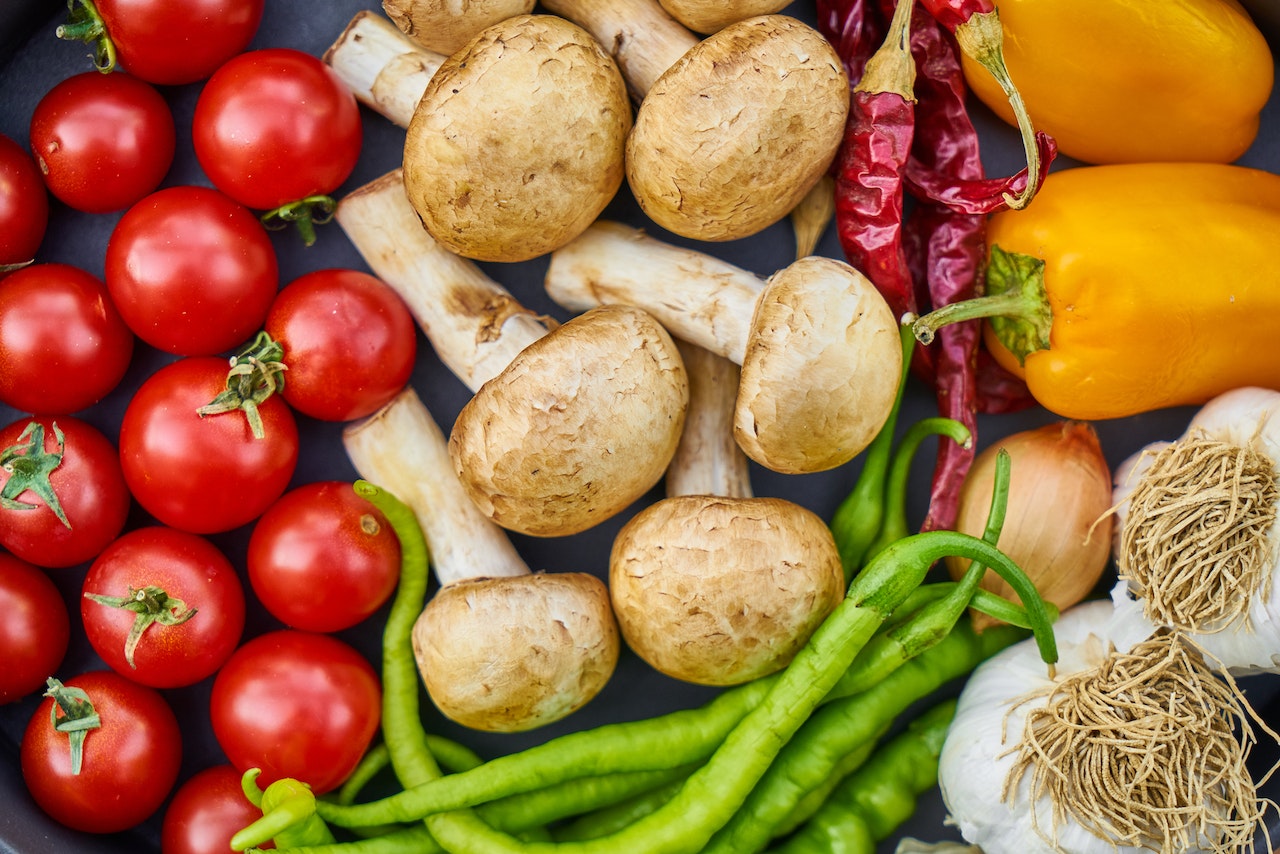What do certain foods do for you? Why do you need to eat from all four food groups?
Our bodies function on a delicate balance of electrolytes, minerals, and nutrients. Without certain key elements of a healthy diet, we simply cannot function at our best. To ensure that you are getting all the nutrients you need, eat a balanced diet that incorporates all four food groups.
Grains
Grains such as whole wheat bread, whole grain pasta, and brown rice contain important nutrients that help you feel your best. When you eat whole grains, you’re getting:
- Dietary Fiber – fiber helps lower your risk of heart disease, obesity, and type 2 diabetes, and helps promote healthy digestion. Fiber also helps you feel fuller longer, which keeps you from overeating and consuming unnecessary calories.
- B vitamins – thiamin, riboflavin and niacin are B vitamins found in grains that give you energy. B vitamins help you to process the protein, fats and carbohydrates in your diet, and promote a healthy nervous system.
- Folic acid – another B vitamin, folic acid aids in forming red blood cells, which, in turn, carry oxygen throughout the body to the major organ systems.
- Iron – iron is a crucial nutrient that your body uses in the blood stream to transport oxygen all over the body. Without enough iron, one can develop anemia.
Protein
Healthy proteins include fish, lean poultry, avocados and nuts. From these sources you’ll get:
- Protein – these are the building blocks of your entire body. Proteins are used to form bones, muscles, skin, cartilage and blood. You wouldn’t be you without protein, so make sure you are getting enough every day.
- Magnesium – used in muscles, magnesium helps muscle cells to contract, release, and expel energy.
- Zinc – your immune system needs zinc in order to stay on high alert and protect you from any bacteria or viruses that may be going around.
- Vitamin E – vitamin E is used to strengthen your teeth, skin, nails, hair and your eyes.
Fruit
Fruits such as oranges, bananas, grapes, and apples, to name just a few, are incredibly healthy choices that must be incorporated into your diet. Fruits are naturally low in fat and sodium, and include no cholesterol. Fruits also carry special vitamins and minerals that your body needs such as:
- Potassium – if you ever feel weak or if you experience cramps in the legs, you may be lacking potassium. Muscles need potassium in order to contract and relax properly.
- Vitamin C – vitamin C plays an important part in repairing body tissues and maintaining a healthy immune system. Vitamin C also promotes healthy teeth and gums.
- Folic acid – in order to get oxygen to every part of your body from your head to your toes, your body needs folic acid to form healthy blood cells.
Vegetables
Vegetable are possibly the most important food group. Vegetables are naturally low in calories and are packed with essential vitamins and minerals that your body needs to function properly:
- Vitamin A – vitamin A is a powerful tool that works to keep your eyes sharp and your skin strong and resilient.
- Potassium – for proper muscle function and a healthy blood pressure, be sure to get enough potassium by eating sweet potatoes, beans and lentils, and spinach.
- Dietary fiber – vegetables such as leafy greens, carrots and celery are jam packed with dietary fiber that will help keep you feeling full longer and will help your body optimize all your food for best use.
- Vitamin C – if you hate to get sick, be sure to get as much vitamin C as possible to keep your immune system in fighting shape. Vitamin C also helps heal wounds inside and out.
Image credit for Nutrition Awareness: How What You Eat Impacts Your Health and Wellness: Honolulu Media

